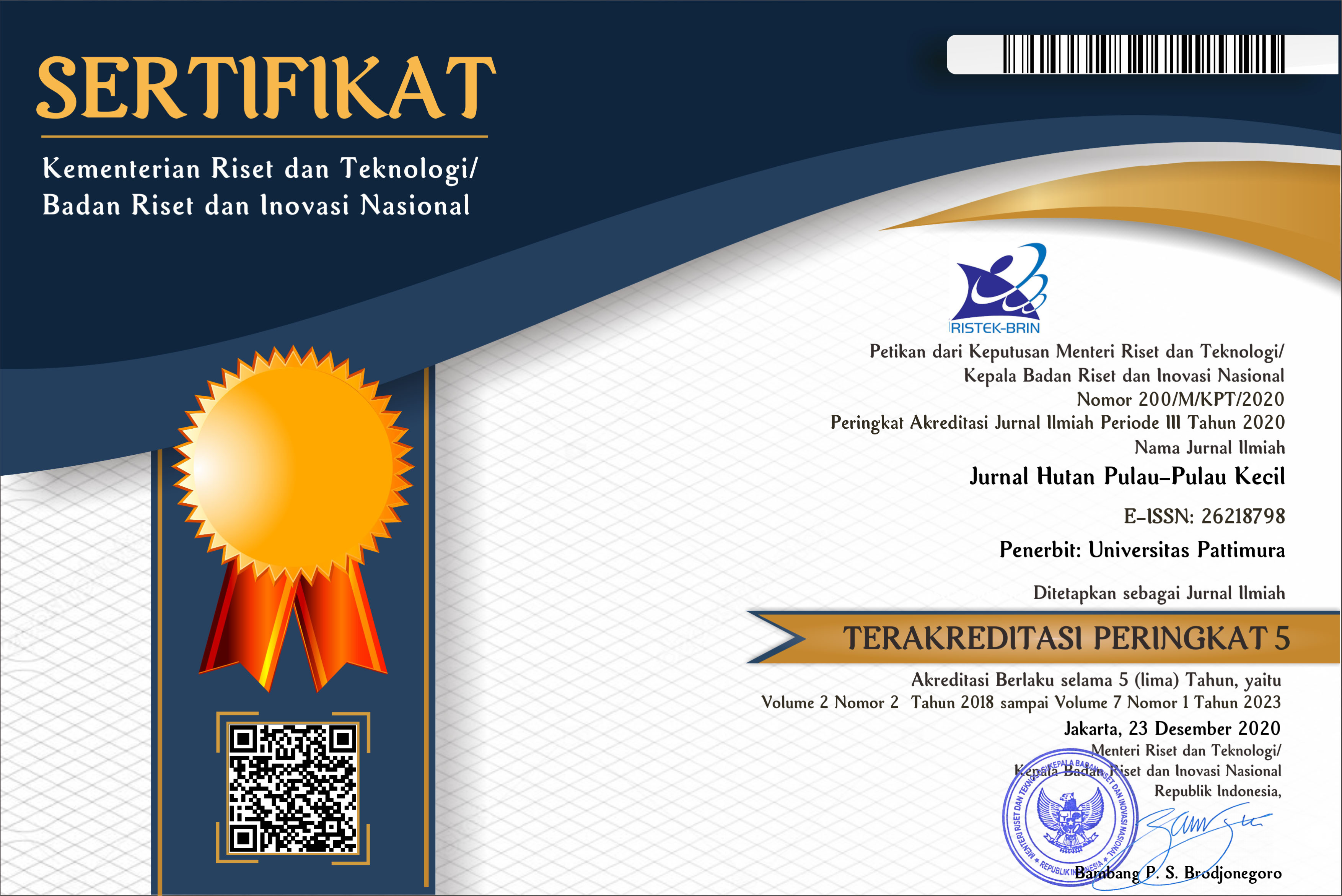Directorate General of Research and Development Strengthening, Ministry of Research, Technology and Higher Education of Republic of Indonesia, Decree No.: 200/M/KPT/2020.

Volume 2, Issue 2 Oktober 2018 to Volume 7, Issue 1 April 2023.
OPEN ACCESS JOURNAL


